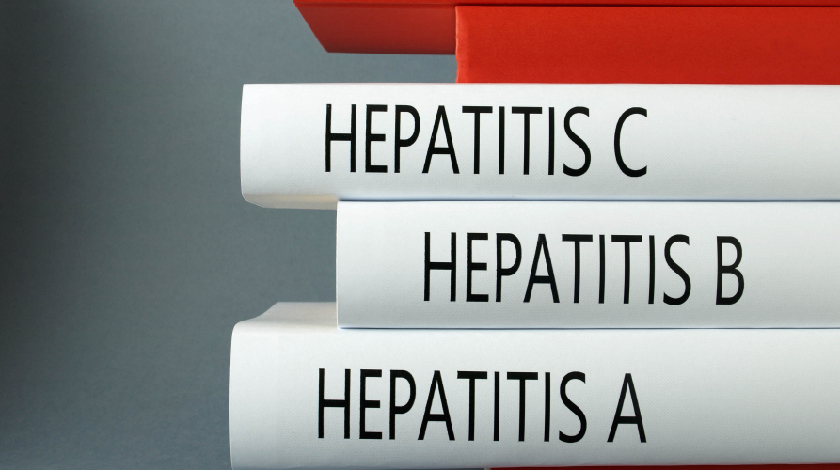How much do you know about hepatitis? The chances are, not much — yet diagnoses of hepatitis A and E, two debilitating and potentially (though rarely) fatal strains of this virus, have been on the rise in Hong Kong in the past two years.
There’s no need to panic, however. Common causes of hepatitis transmission include poor food and water hygiene, engaging in unprotected sex and using contaminated needles, razors or toothbrushes. That means by making small lifestyle tweaks — for instance, paying more attention to the way we prepare our food and beverages — we can dramatically reduce the odds of developing hepatitis.
Different strains of hepatitis

Hepatitis most commonly manifests in one of five different strains, coded A, B, C, D and E for convenience. It’s important to understand the distinctions, as different strains have different modes of transmission.
- Hepatitis A and E are spread through poor food hygiene. Eating raw or undercooked shellfish, pork or offal, drinking contaminated water or failing to properly sanitize one’s hands before dining are all common causes of transmission.
- Hepatitis B, C, and D are spread through bodily fluids. Sharing syringes, razors or toothbrushes, or engaging in unprotected sex with a hepatitis B, C or D carrier is a common pathway for virus transmission.
Of all five strains, hepatitis B and C are the most lethal, causing a total of 1.34 million deaths worldwide each year. While most fatalities occur in developing countries, Hong Kongers should not be complacent. Pregnant women are particularly at risk, with even the usually innocuous hepatitis E having a fatality rate of up to 20% where the carrier is a pregnant woman in or approaching her third trimester.
Preventing the spread of hepatitis

Here are five lifestyle changes you should make to avoid contracting this nasty virus.
- If consuming shellfish such as cockles, oysters, and clams, cook them thoroughly at or above boiling temperature. The same goes for pork and pig offal which often carries hepatitis E.
- If you’re drinking water from the tap, boil it first as the pipes may be teeming with bacteria. In addition, try to avoid drinks with ice cubes when you’re traveling. The drinks themselves may be clean, but the ice cubes may be made with hepatitis-contaminated tap water.
- If you are sexually active, use condoms and use them properly.
- Do not share personal items such as syringes, needles, razors or toothbrushes with others. You might think there’s nothing wrong with sharing a toothbrush, but blood from bleeding gums is capable of transmitting hepatitis.
- Vaccine is available for hepatitis B. Although it may not be suitable for those with certain pre-existing conditions (particularly liver ailments and G6PD deficiency), the vast majority of people can receive the vaccine safely and gain both protection and peace of mind.
In severe cases, hepatitis can lead to liver or kidney failure, liver cancer and ultimately death. Don’t leave it to chance. Follow the above tips, and keep your life and the lives of your loved ones free of this illness.

